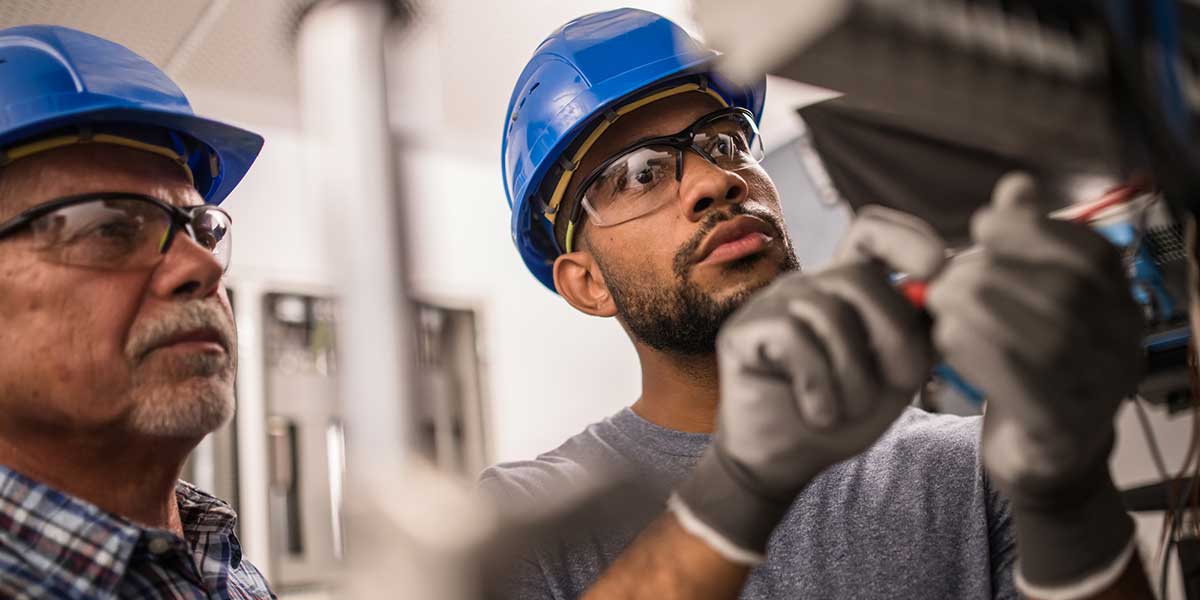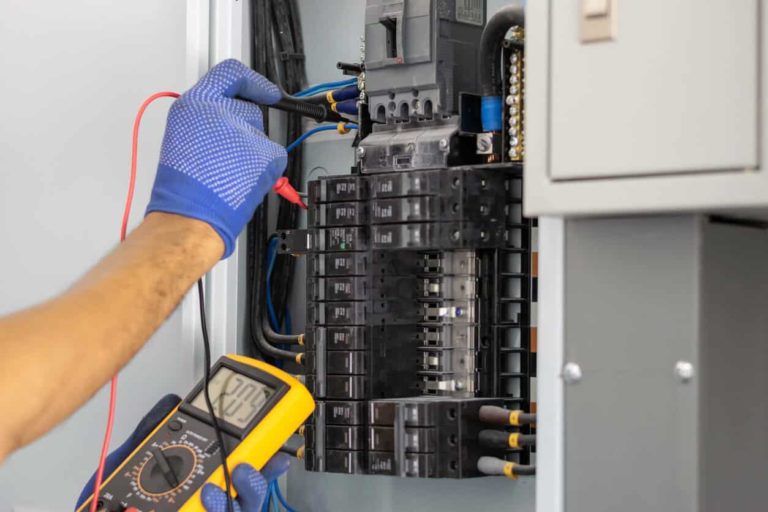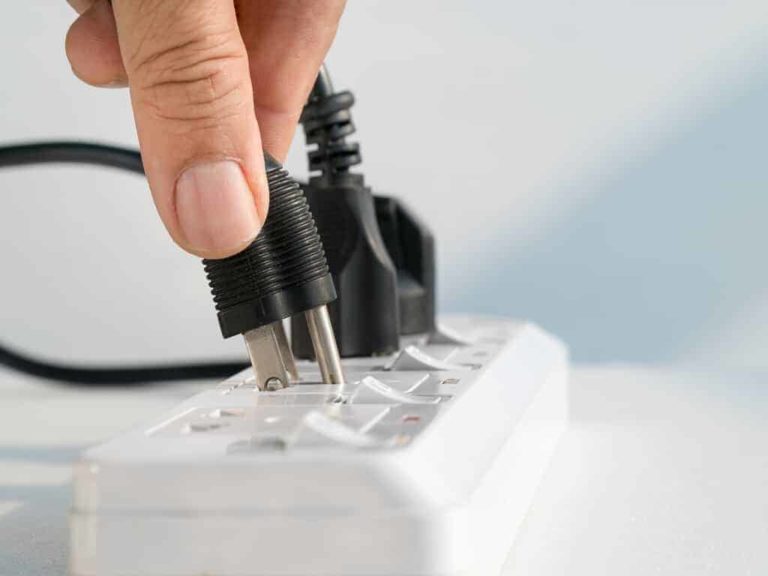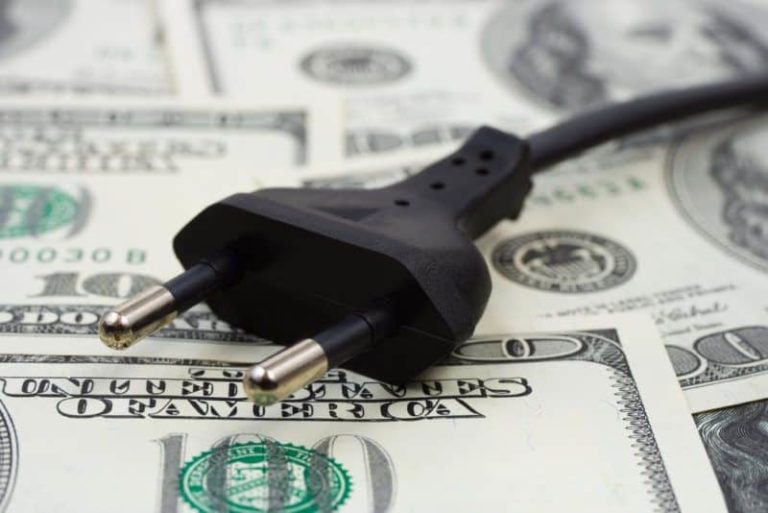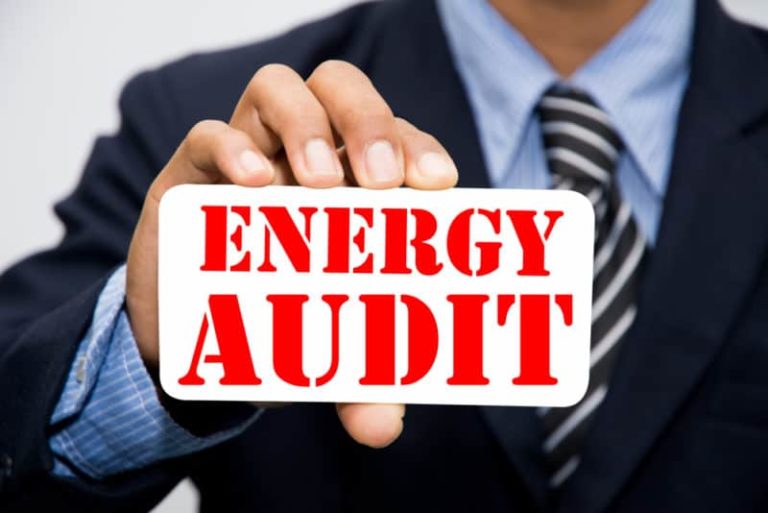When Should I Contact an Electrician?
Electrical problems with your home are not only inconvenient—they can also be dangerous. Each year, around 51,000 U.S. homes are damaged or destroyed in an electrical fire. And unfortunately, many of these fires are preventable. Learn more about some signs and symptoms that can signal a problem with your home’s electrical system, as well as when you’ll need to contact an electrician for help.
What Common Electrical Issues Need Attention?
Most major electrical issues, including fire, don’t happen without some advance warning. If you’re experiencing any of the below issues in your home, it could be a sign of an electrical problem:
- Flickering lights. These can signal a wiring issue or excessive wattage to the outlet.
- Rust or corrosion around your breaker box. If your breaker box is exposed to the elements (even humid air), it can begin to rust or corrode. This can pose a fire risk or compromise the energy flow to the outlets in your home.
- Tripping breakers regularly. If your breaker trips every time you use the microwave or turn on the air conditioner, you’re probably overloading the circuit.
- Electric shocks. While static electricity buildup (like from laundry) can give you a faint shock when you touch a metal surface, it’s not normal to feel a shock when you touch an outlet or light switch in your home. This may be a sign of a wiring failure (and can pose a huge fire risk if there’s a bare wire touching insulation or something else inside the wall).
- Outdated electrical infrastructure. If your home doesn’t have any GFCIs or is still powered by knob-and-tube wiring, it’s a good idea to upgrade your systems to reduce your fire risk. In some cases, your homeowners’ insurance company may even require you to upgrade your home’s electrical grid as a condition of coverage.
- An over-reliance on extension cords. If you’re counting on extension cords to do things like run the vacuum or power an air conditioner, you may be putting too much pressure on your outlets. It’s better to have additional outlets installed (where they can be hardwired to the grid) than to rely on these short-term power options.
If you’re dealing with any of these problems, a Bradenton Electrician can help.
What Electric Repairs Can I Do Myself?
Although it’s always a good idea to call a Tampa electrician if you’re uncomfortable tackling an electric project on your own, there are a few things you can safely do yourself—like switching out outlets, installing GFCIs, and putting in new overhead lights.
Always turn off the breaker to the circuit before you undertake any electrical project. To be extra safe, you can even hit the main breaker to be assured that there are no live outlets in your house. You can use a small handheld device to test the power to the circuit before beginning work to make sure it’s safe.
When Do I Need a Professional?
When it comes to diagnosing an electrical problem, a St. Petersburg electrician can quickly get to the bottom of your issue and recommend a solution. Whether this means installing a new circuit to reduce the load on an existing one or performing a total overhaul of your home’s system to bring it up to code, Luminous Electric can help. Our team of professionals has decades of experience in tackling a wide variety of electrical problems and we can work with you to solve yours.
Luminous Electric are ready and available to provide service. We have locations in Bradenton, Tampa, and St. Petersburg. Get in touch with us today.

